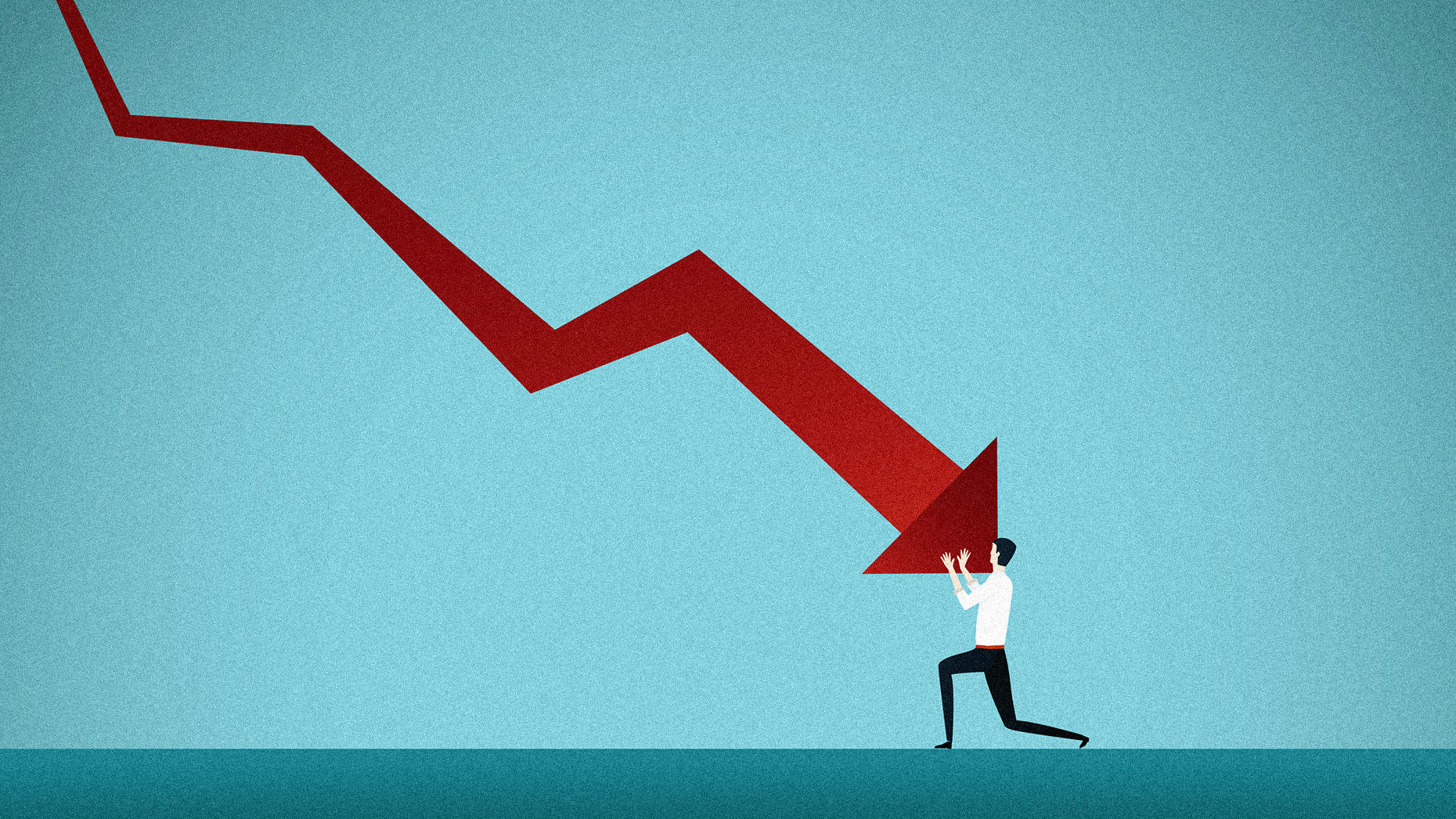by Aditi Arun

2019 has been an interesting year, not only politically speaking, but economically as well. With an unprecedented number of candidates running for the 2020 Democratic nomination, the new cycle has once again been dominated by debates on whether America will see a second Trump presidency. Among the chief tipping factors, experts argue whether or not the US will face an economic recession in coming years based on a Trump reelection. A recession would spell doom for Trump, as his voter base voted for him primarily because he promised an economic boom for this country’s middle class and blue-collar workers.
But just how likely is a recession? An article from Bankrate.com quotes many top economists on the odds. The average answer polled was about a 41 percent chance, so less than a random chance, which is good. However, almost all agree that a recession is highly dependent on the trade war with China, a hard Brexit, and in general, the rest of the world’s economy.
See, the US, despite what Trump may argue, is not isolated from the rest of the world. We depend on our trade partners just as much as they do on us. The trade war with China is just one example. Yes, China’s economy is slowing down, although not to the point of a recession. However, the US gets a double whammy. China is the biggest consumer of US soybeans, to the point where they have signed contracts worth billions of dollars committed to importing said soybeans from the US. The trade war, to no surprise, has hit American farmers hard (many of whom voted for Trump, by the way). Additionally, the trade war, among other volatile policies by Trump, is creating a greater sense of risk for investors, whether or not the sector they are investing in will actually be affected by the trade war. This further increases the risk of a recession.
As for Brexit? Well, no one knows. What we do know is that the US has a trade surplus with the UK, so a Brexit will affect the US economy for the worse, just maybe not as much as people think. Why would economists worry about it then? Many suspect that a hard Brexit would cause considerable market volatility. According to CNBC, the Dow Jones dropped by “5 or 6 percent” following the 2016 Brexit referendum. This could cut as much as 0.5% of the US GDP. Though this isn’t enough to cause a recession alone, it could further the risk of one in investors’ minds.
There are many countries in the world seeing an economic slowdown in the upcoming year, including Germany, Italy, and México (all of whom are significant trade partners with the US). While each country individually would not affect the US much, we don’t live in a controlled, single variable world. This year’s debates have just highlighted the web we live in; everybody affects everybody else, and there is no escaping that. All that matters is how we affect our global partners, and how we deal with the downturns together. So, is the US going to end up in a recession in the foreseeable future? Well, it’s going to depend greatly on how well our trading partners do economically.







